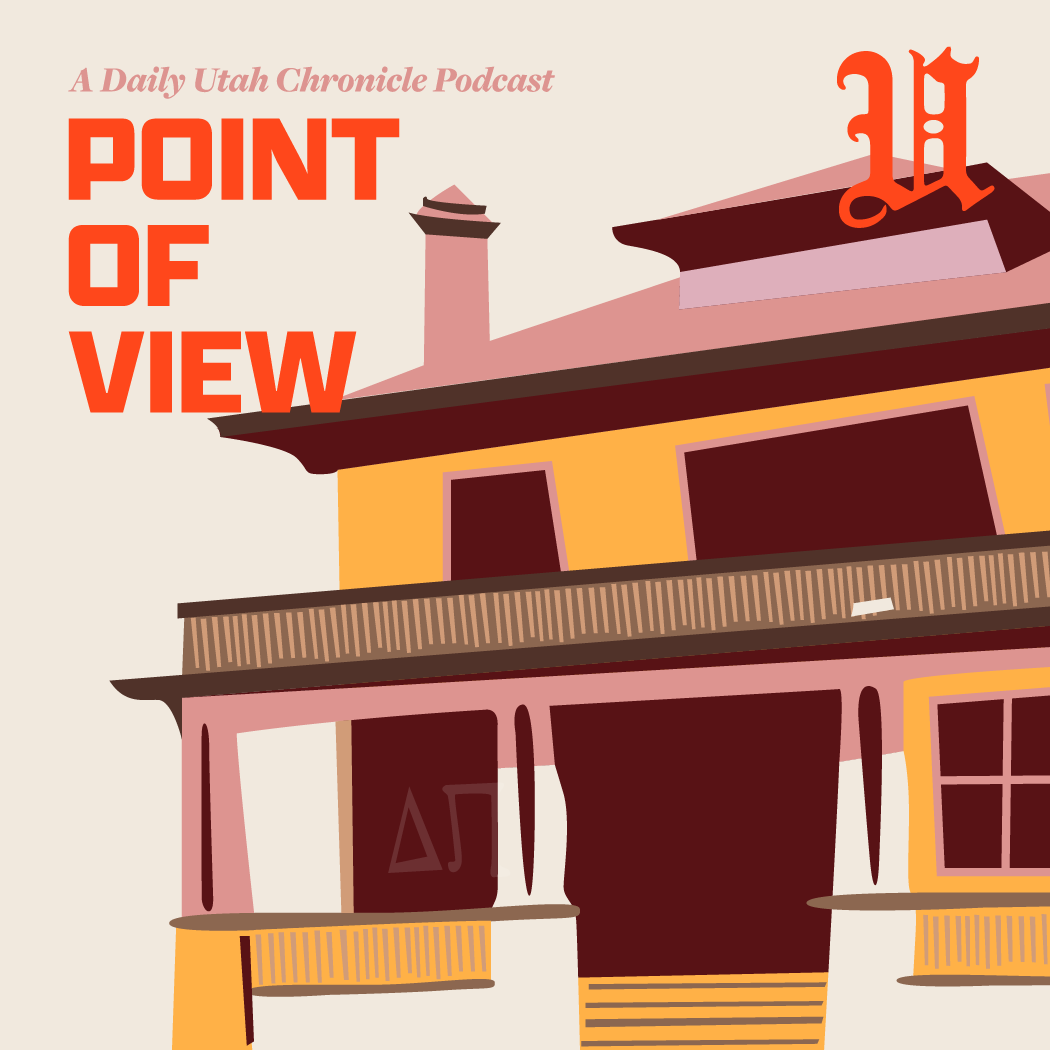I am an English major. When I tell people this, I usually get one of three responses. The generally curious response: “What do plan to do with that?” The uncertain and doubtful response: “What can you do with that?” And finally, the write-off response: “Good luck with that.”
Since the late 1970s, there has been a prodigious drop in the number of humanities degrees awarded in the United States. A study done by the U.S. Department of Education tracked the degrees awarded in the humanities and found that they peaked in 1971 with 138,646. In 2004, the number had dropped to 112,048. Although there are many possible reasons for the decline, I think a degree in the humanities is largely viewed as impractical. During times of economic downturn when jobs are evaporating, students often pursue seemingly more practical degrees in engineering, business and other fields. These degrees are great, serve a valuable purpose and have definite skills that cross over into the job market. However, the assumption that a degree from one of the many backgrounds in the humanities isn’t conducive with job skills is misguided.
So what are the skills that employers look for and how does a background in the humanities facilitate these skills?
“Employers are hiring for a particular set of skills,” said Heidi Camp, the assistant dean for advancement and research in the College of Humanities. “A degree in the humanities grounds you in a broad range of things that are applicable.”
A study done by the National Association of Colleges and Employers in 2006 listed the top 10 qualities in employees that business leaders look for. The list included, in order of priority: communication skills, teamwork skills, interpersonal skills, flexibility/adaptability, honesty/integrity, analytic/problem-solving skills, motivation, academic achievement/GPA and critical thinking skills.
Robert Newman, dean of the College of Humanities, stated on the humanities Web site, “Students of the humanities learn to think critically, express themselves effectively, understand the nuances of cultural issues, interpret the human experience and appreciate the power of words and ideas.”
The skills employers look for are facilitated by a background in the liberal arts.
In addition to job skills, a student with a degree in one of the liberal arts is well equipped to attend many graduate schools. Boston College’s MBA program cites English and history as two of the common undergraduate majors among their applicants. Also, many law schools across the country cite humanities degrees as common among applicants.
More than appropriate job skills and graduate school qualification can be gained from a liberal arts background. W.E.B. DuBois stated in his essay, “Of the Wings of Atalanta”: “The function of the university is not simply to teach breadwinning…it is above all to be the organ of that fine adjustment between real life and the growing knowledge of life.”
All degrees serve a purpose. However, the fine adjustment between life and real life is more fully realized in the humanities. Don’t allow the popular major trends to set your course of study. Humanities majors need not live in fear.

Jeffrey Jenkins









